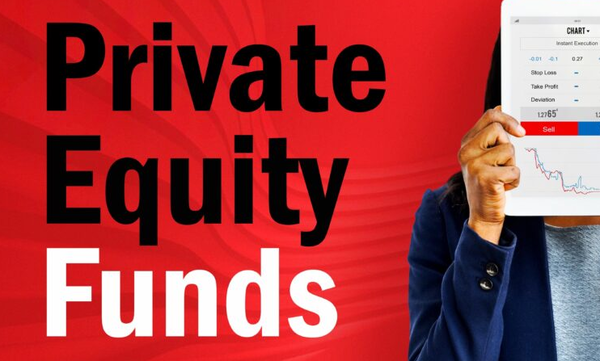
There are concerns about some small shareholders experiencing losses due to the increasing occurrence of voluntary delisting by companies owned by private equity firms.
According to industry sources on May 20, private equity firm MBK Partners is conducting a tender offer for Connect Wave, an e-commerce platform known as “Danawa.”
MBK Partners currently holds a 70.39 percent stake in Connect Wave, making it the largest shareholder. With this position, the company could pursue a “comprehensive share exchange” that requires a special resolution at the shareholders’ meeting. Industry analysts predict that MBK Partners could effectively achieve delisting by acquiring an additional 3 to 4 percent through the tender offer.
Private equity firms often cite “management convenience” as the reason for delisting, but their fundamental objective is to recoup their investments through asset sales, dividend increases, and capital reductions.
Another private equity firm, Hahn & Company, acquired the medical beauty device company Lutronic in June of last year. Through two tender offers and open market purchases, it attained nearly 98 percent ownership and subsequently delisted the company. Following this, in December of the same year, it recouped 145 billion won (approximately US$106.54 million) through a reduction in paid-in capital, and three months later, it recovered an additional 235.3 billion won through another reduction in paid-in capital.
Individual investors are outraged by two main issues. They are being forced to exit their investments in promising companies, and private equity firms also drive down stock prices during the tender offer process.
The consolidated operating profit of Connect Wave stood at 32.3 billion won (US$23.6 million) in 2022 when MBK Partners acquired the company and merged it with its subsidiary. This figure represented an 85.6 percent increase compared to the previous year. Additionally, the operating profit increased by 12.7 percent last year compared to 2022.
The company’s revenue has also consistently achieved record highs each year, yet the stock price has declined. At the time of the acquisition announcement on Nov. 26, 2021, the stock price was in the range of 28,400 won. However, three trading days before the tender offer announcement, on April 24, the closing price had halved to around 12,900 won.
Small shareholders, who are gathering voting rights through the shareholder activism platform “ACT,” have expressed several concerns. They stated, “Since MBK took over, it abolished the dividend that had been paid for 19 consecutive years, and the stock price has continuously fallen for nine months, reaching its lowest price-to-earnings ratio (PER) in history.” Some also mentioned, “Considering the positive outlook for performance this year again, the public offering price of 18,000 won is unreasonable,” while others asserted, “This is an expedient method to delist a financially sound stock and then relist it later.”
According to last year’s annual report, there are approximately 39,200 small shareholders of Connect Wave, holding a total of 12,914,234 shares, which accounts for 27.64 percent of the company.
Particularly noteworthy is the observation made by small investors that there was a sudden surge in the stock price just before MBK initiated the tender offer for Connect Wave, similar to what happened with Hankook & Company, formerly known as the Hankook Tire Group, and Osstem Implant.
In the case of Hankook & Company, in the two days preceding the tender offer announcement last year on Dec. 5, the stock price surged by 5.5 percent on Dec. 1 and by 9.1 percent on Dec. 4, showing a total increase of 15 percent over the two days. Similarly, earlier this year, right before the tender offer announcement on Jan. 25, Osstem Implant saw its stock price surge by 7.2 percent on Jan. 19 and by 8.6 percent on Jan. 20.
Furthermore, on the trading day immediately preceding the announcement of the tender offer for Connect Wave on April 29, the stock price surged by 18.85 percent on April 26.
Meanwhile, global private equity fund management company Affinity Equity Partners, which has embarked on its second tender offer for Lock & Lock, a food container company, is also facing conflicts with the small shareholders of Lock & Lock.
Affinity, which held a 69.64 percent stake in Lock & Lock as of the end of last year, had originally planned to acquire 100 percent of Lock & Lock’s shares and delist the company. However, due to opposition from small shareholders, the first tender offer subscription amounted to only about 16 percent, roughly half of the initial target quantity of 30.33 percent.
Small shareholders of Lock & Lock argue that the company’s operating profit had been declining steadily over the past five years from 2019 to last year, with the operating profit margin turning negative last year. They claim that the management has been negligent, leading to a “fire-sale” situation prompting the tender offer.
A specialist in the industry stated, “The act of maximizing profits within legal procedures by private equity firms itself is not the problem. If tactics such as undervaluing companies through mergers with weak businesses in advance and deliberately suppressing stock prices occur, it would be definitely an issue. However, the reality is that there is currently no system in place to prevent such tactics.”

